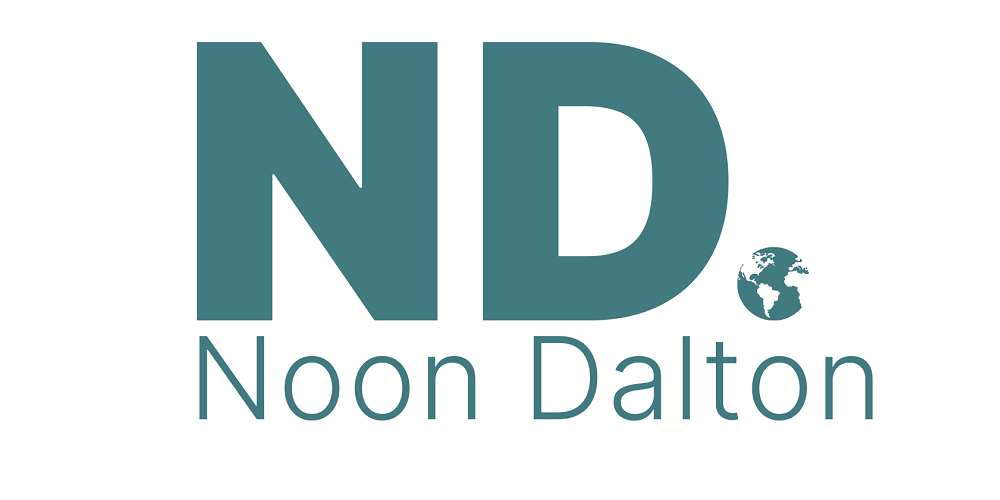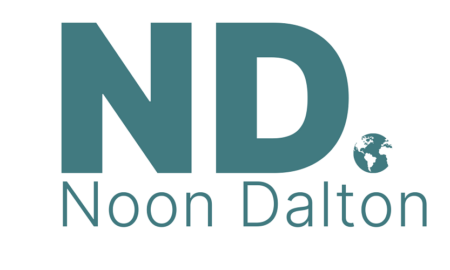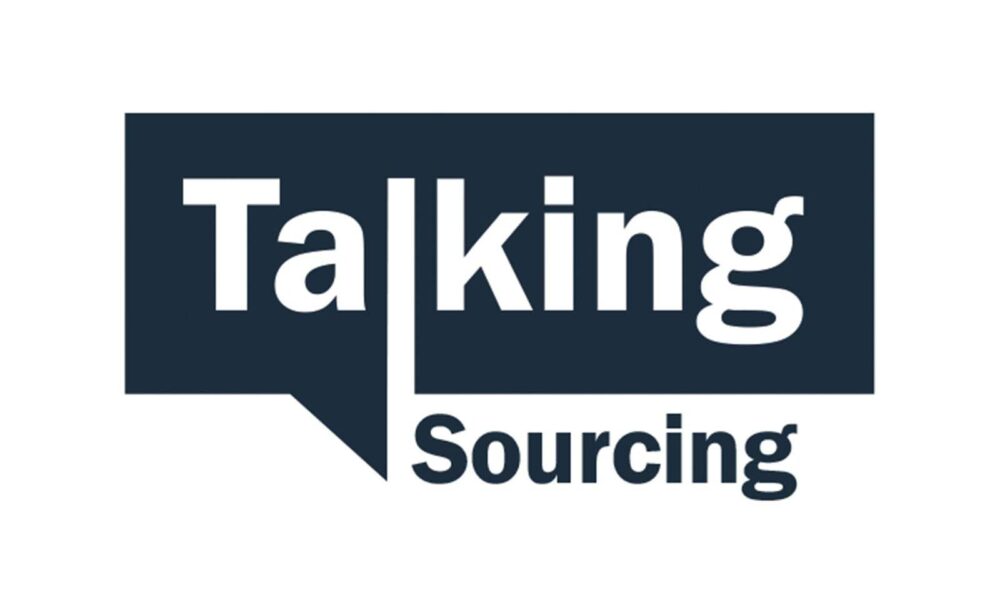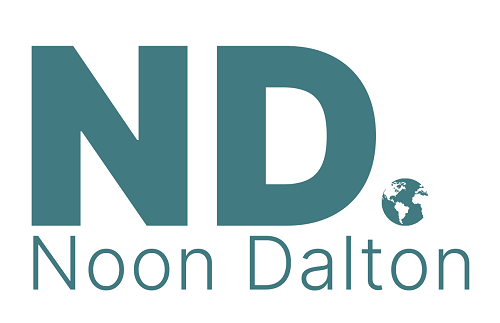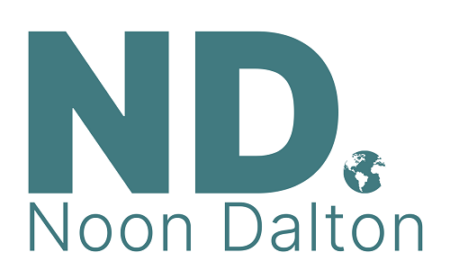As the planet shakes amid the onset of the swift spreading coronavirus, no sector of the economy is immune. In the outsourced contact center space, providers across the globe are aiming to shore up their clients’ customer experience needs while at the same time maintaining maximum compliance within their own operations. The key to this crisis, as well as those in the future, is possessing the right contingency plans to mitigate disruption, and BPO players need to have these at the ready. During disruptive periods such as this, these plans prove their value.
The WHO has just declared the coronavirus a global pandemic, as thousands have fallen ill since late December. Only recently though have the dour economic impacts become apparent. Crashing stock markets, sagging tourism & hospitality spending, and falling consumer confidence promise to reduce global GDP growth through the first half of 2020, and possibly throughout the year. For enterprise executives, what looks to be a fall in buying, from both businesses and end-users, is frightening. A strong customer experience business continuity strategy that is of high quality and seamless is invaluable.
Outsourcers that offer customer experience services to enterprise clients need to realize that in the current environment there is no room for error. Having the right plans in place to manage shaky consumers in a faltering global economy is not easy, but it remains a necessity for outsourcers. In the current atmosphere, it will be a competitive differentiator.
Providers that specialize in home-based agent customer experience management, or those that have a strong virtual delivery platform, enjoy an immediate advantage. With concern about agents who show coronavirus-like symptoms coming into traditional bricks-and-mortar facilities, enterprise executives appear poised to embrace work-at-home as a means of better managing interaction volumes.
Since inception, the work-from-home model has demonstrated its greatest strength during peak periods and as a means of securing redundancy during weather disruptions. The chance to show its mettle during a public health crisis is now, and by all accounts, interest among new clients to virtual delivery has been strong in all major demand markets over the past month.
The application of advanced technologies also has a place in contingency planning, during this current coronavirus situation, as well as others that may come along. With the potential of workforce disruptions in the months ahead, the ability to move at least some voice and digital interactions toward self-service platforms on the web or via IVR versions is vital. Granted, many outsourcers have these technologies in place. But if the current crisis proves anything it is that augmenting their technology capabilities with the right artificial intelligence solutions to make them as robust as possible is a must.
Then, there is the matter of planning what to do with the brick-and-mortar operations. Clearly, taking steps needed to secure facilities has been a priority for players of all sizes, and was highlighted by leading customer experience analyst Michael DeSalles in a recent blog posting.
But, if there is one reality that outsourcers need to reflect upon, it is that of the need to plan for future contingencies. Health crises are just one of many unpleasant possibilities; weather disruptions, public security scares and economic meltdowns are among the other scenarios that BPOs need to be ready for, in terms of minimizing impact on consumer interactions. Grace under pressure is a virtue that no third-party provider can afford to be without in a crisis, but careful planning and strong execution are essential.




